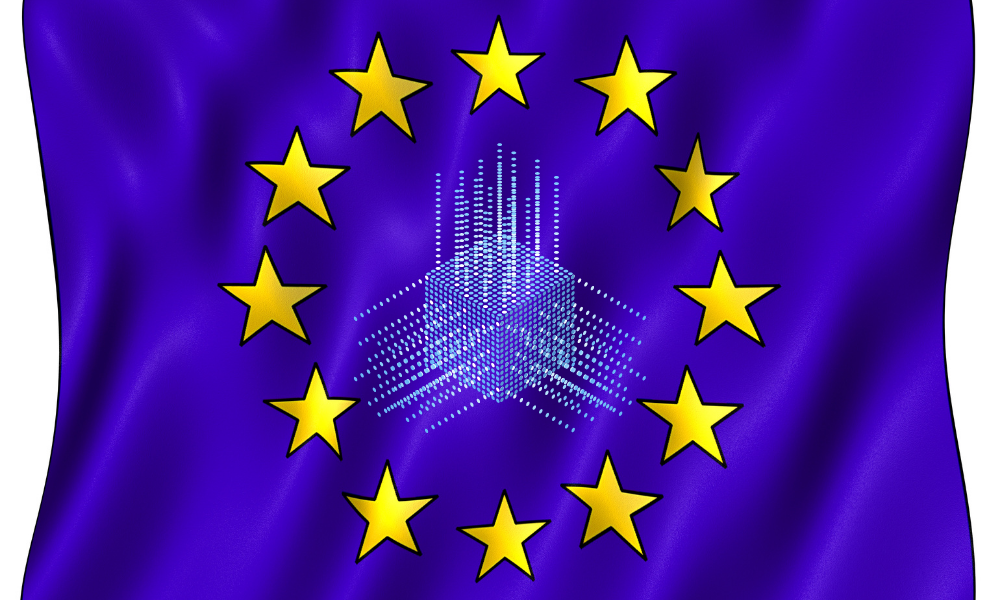
European Union negotiators ironed out the final details to a new law that will force sweeping changes to how big tech companies operate in Europe, with significant fines or, in extreme cases, banning the worst offenders from acquisitions.
The new Digital Markets Act, agreed to by negotiators in Brussels Thursday, targets so-called gatekeeper companies, platforms like Facebook and Google with the power to control distribution in their markets.
Negotiators agreed that “gatekeepers” include companies with a market value of 75 billion euros ($82.4 billion) or 7.5 billion euros in annual revenue within the EU, and at least 45 million monthly end-users and 10,000 yearly business users of at least one core platform, including web browsers and virtual assistants.
The legislation, which takes effect next year, will apply to companies such as Amazon.com Inc, Facebook parent Meta Platforms Inc, Google parent Alphabet Inc, Microsoft Corp, Apple Inc, and Booking Holdings Inc Online marketplaces Zalando and Alibaba could also be affected.
| ✅Claimed In 2022 Three Most Effective Trading Indicators For Forex Traders |
“The gatekeepers will now have to comply with a well-defined set of obligations and prohibitions,” Margrethe Vestager, the EU’s competition chief, said in a statement. “This regulation, together with strong competition law enforcement, will bring fairer conditions to consumers and businesses for many digital services across the EU.”
Prodigious web companies such as Amazon and Google have long been targets of antitrust investigations from Brussels, but these cases drag out for years in the courts and have had little impact on the behavior of the companies.
To successfully break what the EU says is a stranglehold on digital ecosystems by a handful of giants, officials say they need new tools like the Digital Markets Act.
“From now on, digital companies must show that they allow fair competition on the internet,” Andreas Schwab, the parliamentarian in charge of writing the rules, said in a statement.
“That can be enforced more easily with the new rules. This means that the time of long antitrust cases, during which the authorities were lagging behind the big tech companies, is over.”
Some of the industry’s leaders warned that the Digital Markets Act will cause problems for users and be a financial hit for companies.
An Apple spokesperson wrote after the agreement that the company remains “concerned that some provisions of the DMA will create unnecessary privacy and security vulnerabilities for our users while others will prohibit us from charging for intellectual property in which we invest a great deal.”
Others have warned that forcing messaging apps such as WhatsApp or iMessage to be interoperable will affect encryption, or stifle iterative product design that is a hallmark of Silicon Valley entrepreneurship.
Hot Topics
This Tesla Rival Confirms Making Its First Semi Truck, Targets Up To 500 Deliveries This Year
Oil Sees Further Gains On Sanctions Talk, While Equities Slip
JPMorgan’s Chief Faces Rare Investor Criticism Over Spending Plans
Nick Clegg, Meta’s president of global affairs, criticized the proposal last May, saying “what happens in the next two years will define the next 20 years,” and that “some of the DMA’s fine print suggests policymakers could find themselves deep in the weeds of product design.” Source: Indianexpress